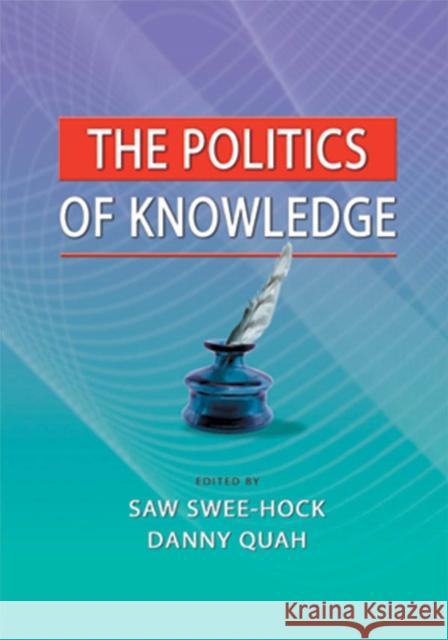The Politics of Knowledge » książka
The Politics of Knowledge
ISBN-13: 9789812309259 / Angielski / Twarda / 2009 / 208 str.
The publication of this book, comprising chapters written by distinguished scholars, is a timely recognition that these days we are bombarded by suggestions that knowledge is power, that we are operating in a knowledge economy, and that the greatest driver for financial growth and national development is the knowledge industry. There are more sources of knowledge available to a wider range of the world's population than ever before. The Internet has made the dissemination of knowledge possible in ways not contemplated fifty years ago. National boundaries are crossed with consummate ease. Knowledge is not like other assets. It can be accessed rapidly and used by thousands, often millions, of people. This makes knowledge as an asset that generated much of the wealth in the early development of most nations. And different countries and regions need different strategies to support and promote the growth of their knowledge economies. These call for nationally and regionally-based approaches, and they entail new dynamics and challenges in wealth creation, legal regulation, national and social organization and the protection of environmental and natural resources. This title is issued jointly by the Institute of Southeast Asian Studies (ISEAS) and the London School of Economics and Political Science (LSE).











